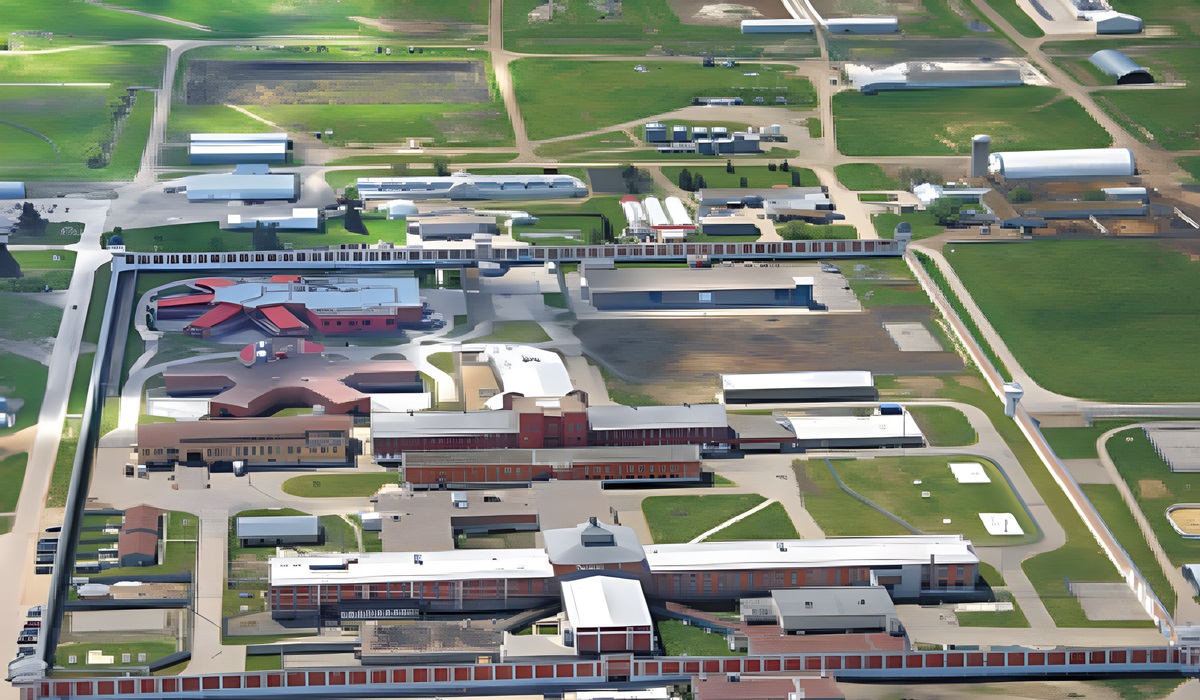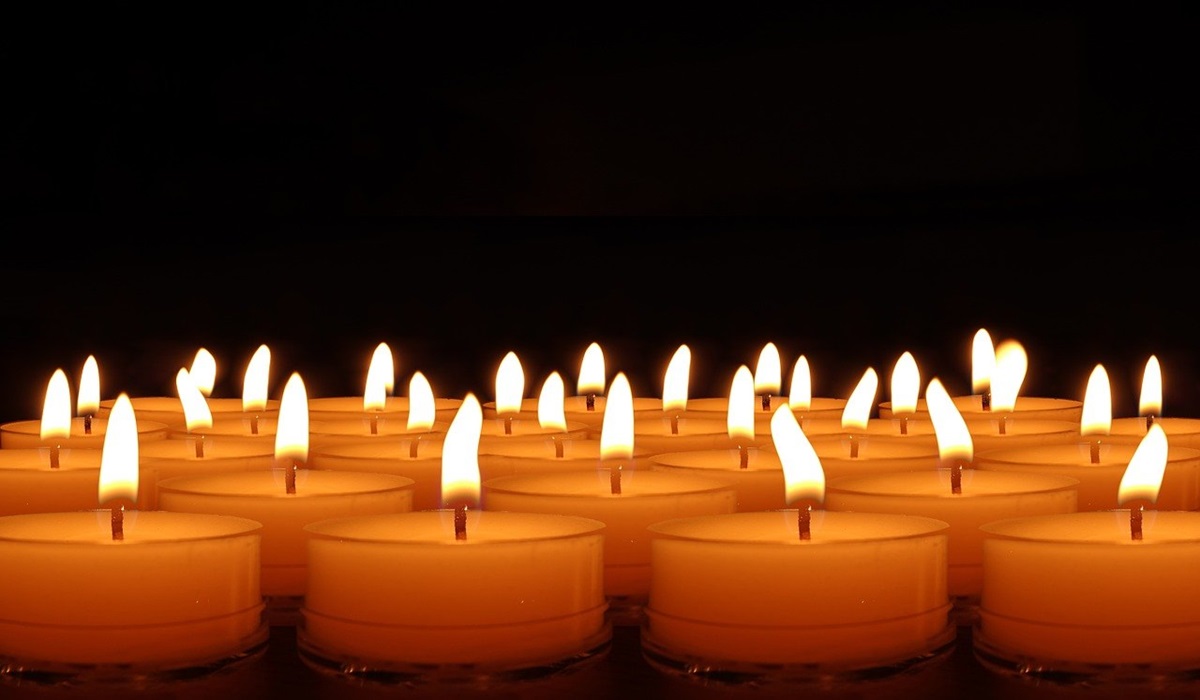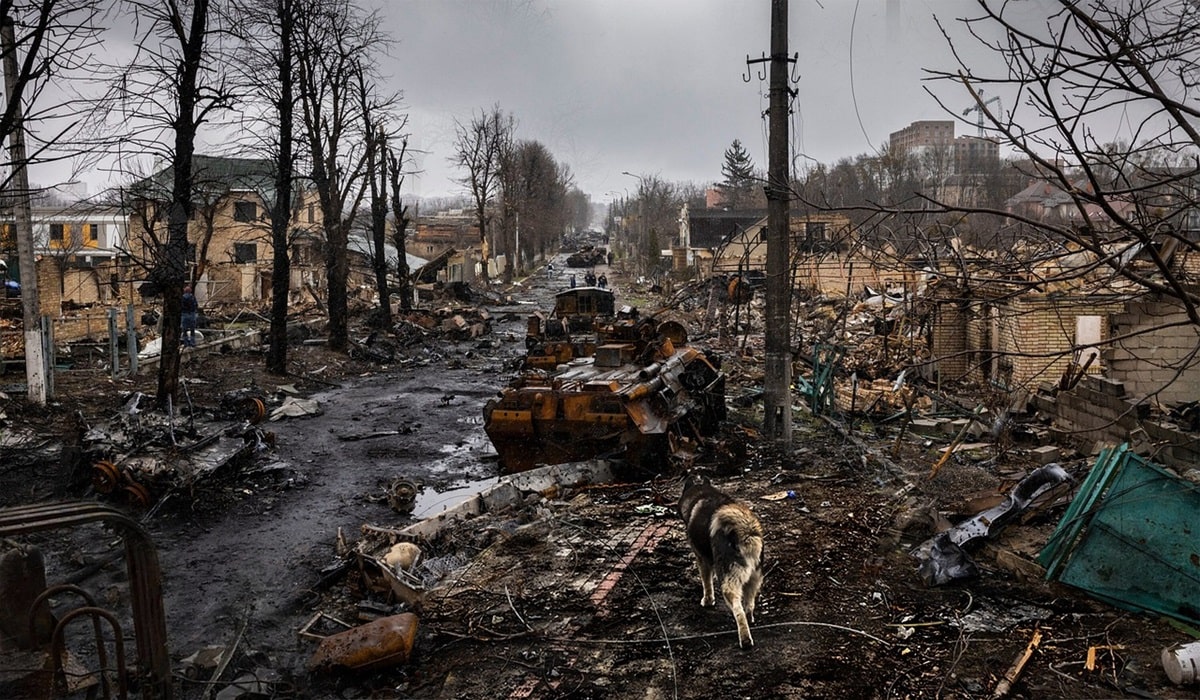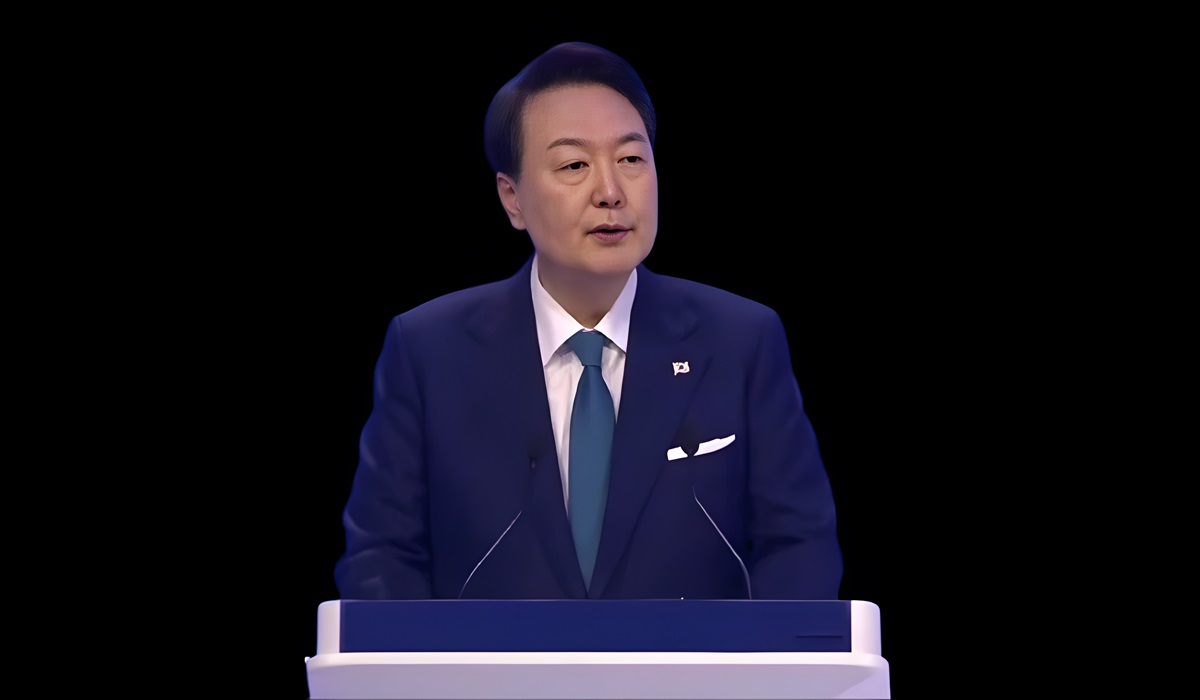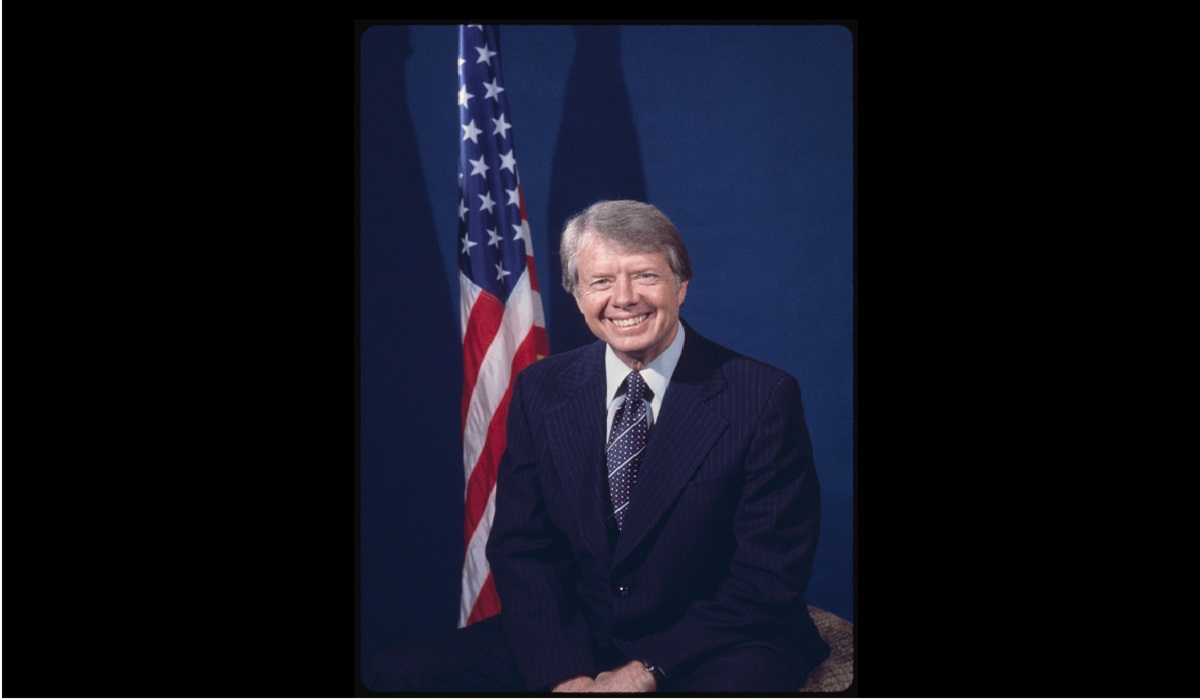ICJ Orders Immediate Halt to Israeli Military Operations in Rafah
- TDS News
- Breaking News
- May 24, 2024

In a significant move, the International Court of Justice (ICJ), the principal judicial body of the United Nations, has ordered Israel to immediately cease its military operations in Rafah, a city in the Gaza Strip. This directive was articulated by Judge Nawaf Salam, president of the ICJ, emphasizing the need to prevent actions that could inflict conditions of life that might lead to the physical destruction of the Palestinian population in Gaza.
The ICJ’s ruling is grounded in international humanitarian law, which mandates the protection of civilian populations during conflicts. This ruling is legally binding under international law, given the ICJ’s status as the UN’s highest judicial authority.
Israel, however, is not a signatory to the Rome Statute, the treaty that established the International Criminal Court (ICC), and has historically dismissed the ICC’s jurisdiction over its actions. In response to the ICJ’s order, Israel has categorically rejected the ruling. Israeli officials have described the filing as “garbage” and stated unequivocally that they will not comply. Israel’s government maintains that its military operations are aimed at dismantling Hamas, which it designates as a terrorist organization responsible for numerous attacks against Israeli civilians and soldiers.
The Israeli government’s stance is predicated on the belief that Hamas must be completely destroyed to ensure the security of its citizens. However, Hamas is not merely a militant organization; it is also an ideology that has deeply rooted support among parts of the Palestinian population. This means that Hamas cannot be eradicated solely through military means. Instead, the ongoing siege and military actions in Gaza and Rafah may inadvertently bolster Hamas’s narrative and support, further entrenching the conflict.
The ICC’s involvement is crucial, as its rulings are internationally binding and represent the global community’s efforts to uphold justice and accountability. The ICC has the authority to issue arrest warrants for individuals accused of committing war crimes, genocide, and crimes against humanity. However, the enforcement of these warrants depends heavily on the cooperation of member states.
Several countries, including France, have indicated their willingness to enforce any arrest warrants issued by the ICC. These nations’ support underscores a growing international consensus on the need for accountability in the Israeli-Palestinian conflict. Conversely, the United States, which has never been a signatory to the ICC, has signaled its intention to block any ICC actions against Israeli officials. President Biden’s administration has made dismissive statements regarding the ICC’s authority, and members of Congress have threatened repercussions against the court.
The past week has marked a significant moment in international diplomacy and justice. The ICC’s anticipated issuance of requests for arrest warrants signals a pivotal shift in how the international community addresses alleged war crimes and human rights violations in the Israeli-Palestinian conflict. This development has prompted several nations to recognize Palestine as a sovereign state, a move long obstructed by U.S. vetoes in the UN Security Council.
The ICJ’s ruling and the ICC’s potential arrest warrants place Israel in a contentious position. Despite Israel’s defiance, international pressure is mounting. Signatory countries to the Rome Statute could take several actions to complicate Israel’s ability to continue its current operations in Gaza. These actions could include diplomatic sanctions, trade restrictions, and increased support for Palestinian statehood.
One of the biggest obstacles to enforcing the ICJ’s ruling and the ICC’s potential warrants is the United States. Historically, the U.S. has only acknowledged the ICC’s authority when it aligns with its own interests. The current administration’s stance on protecting Israeli officials from international legal action highlights the geopolitical complexities of enforcing international law. The U.S.’s influence could undermine the ICC’s efforts, posing a significant challenge to achieving justice and accountability.
The broader impact of the ICJ’s ruling and the ICC’s actions extends beyond the Israeli-Palestinian conflict. It represents a test of the international community’s commitment to upholding human rights and the rule of law. If countries like France, Spain, and others can enforce ICC arrest warrants, it could set a precedent for future conflicts, emphasizing that no individual or nation is above international law.
The world is undoubtedly changing. The actions of international courts and the responses of the global community indicate a shift towards greater accountability and justice. War and violence, hostage-taking, and the destruction wrought by conflict are universally condemned. The hope is that these legal and diplomatic efforts can lead to meaningful change in the Middle East, fostering peace and stability in a region long plagued by conflict.
The ICJ’s order for Israel to halt its military operations in Rafah is a landmark decision with far-reaching implications. While Israel’s rejection of the ruling poses significant challenges, the growing international consensus on the need for accountability offers a glimmer of hope. The coming weeks and months will be critical in determining whether the ICC can enforce its warrants and whether the international community can compel Israel to comply with international law. As the world watches, the potential for change in the Middle East remains a beacon of hope amid the horrors of war.


